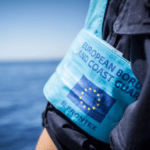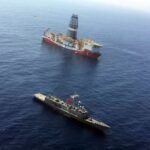On 20 June 2019, the Council prolonged the restrictive measures introduced in response to the illegal annexation of Crimea and Sevastopol by Russia until 23 June 2020.
The measures apply to EU persons and EU based companies. They are limited to the territory of Crimea and Sevastopol. The sanctions include prohibitions on:
- imports of products originating in Crimea or Sevastopol into the EU;
- investment in Crimea or Sevastopol, meaning that no Europeans or EU-based companies can buy real estate or entities in Crimea, finance Crimean companies or supply related services;
- tourism services in Crimea or Sevastopol, in particular, European cruise ships cannot call at ports in the Crimean peninsula, except in case of emergency;
- exports of certain goods and technologies to Crimean companies or for use in Crimea in the transport, telecommunications and energy sectors and related to the prospection, exploration and production of oil, gas and mineral resources. Technical assistance, brokering, construction or engineering services related to infrastructure in these sectors must not be provided either.
As stated in the declaration by the High Representative for Foreign Affairs and Security Policy on behalf of the EU on 17 March 2019, five years on from the illegal annexation of Crimea and Sevastopol by Russia, the EU remains steadfast in its commitment to Ukraine’s sovereignty and territorial integrity. The EU does not recognise and continues to condemn this violation of international law.
Since March 2014, the EU has progressively imposed restrictive measures against Russia in response to this deliberate destabilisation of Ukraine, including the sanctions renewed today. Other EU measures in place in response to the crisis in Ukraine include:
- economic sanctions targeting specific sectors of the Russian economy, currently in place until 31 July 2019;
- individual restrictive measures currently targeting 170 individuals and 44 entities, subject to an asset freeze and a travel ban because their actions undermined Ukraine’s territorial integrity, sovereignty and independence.
More information
Access the news
EU restrictive measures in response to the crisis in Ukraine







Leave a Reply